Encourage Solitary Play – 7 Reasons To Support Playing Solo
I don’t have to tell you why you should encourage solitary play in your home. I KNOW you know the benefits you get when your child is playing solo! 💆♀️ But did you know that your kids engage independently in play to actually develop all of the skills that are crucial to their development?
Solitary Play is Exactly What Kids Need for Development
So let’s create a little bit of wisdom around solitary play. I know that’s a big part of the reason you’re here. And it’s my area of passion, joy and what I teach every single day – how to reclaim independent play for our children.
JOIN OUR 21 DAY CHALLENGE FOR MORE!
Independent Play Makes Me Feel Guilty!
Now, encouraging independent play might have you feeling a lot of guilt, confusion and anxiety, especially around how your children are spending all of this time at home:
- They’re probably not moving their bodies quite as much as they used to 🏃(unless you created your Movement Zone!)
- They might be on the screen a LOT more than they used to 📱
- They might be with friends a lot less than they used to 🧒
- You might be worried about them falling behind on schoolwork, socially, or in all the other ways ✏️
Let me first of all set your mind at ease and remind you that children are so adaptable and adjustable and flexible. They are growing, their brains are fully plastic. Everything can change and heal very, very quickly throughout childhood and a few months at home with their parents is by NO measure, going to set them back in any detrimental way.
The Silver Lining of Isolation
In fact, the gifts that they’re getting from this quality time with you at home can easily counterbalance all the fears that you have about them missing out on other stuff.
And yes, we want to answer those needs of movement and of social connections. But we also need to realize that we can’t answer all of them right now. And that’s just the fact, and they’re going to be just fine.
Why Should We Teach a Child to Play Independently?
Why do we care so much about teaching a child to play independently? Why is that exactly what your children should be doing, at this very moment in time?
If you want your children playing for long stretches of time, EVERY SINGLE DAY, listen up!
Independent Play Facilitates Child Development
Your kids engage independently in play to actually develop all of the skills, and all of the areas of themselves that are crucial to their development. Your kids play solo in order to develop in seven crucial areas:
1) Gross and Fine Motor Skills ✂️
- Holding a pencil
- Cutting with scissors
- Moving their bodies in certain ways
- Learning skills like balancing and climbing
- Literacy and numeracy skills
- In fact, research shows that when kids play with blocks, it actually increases the high school math scores. Isn’t that amazing? Mind blown.
2) Risk Assessment 🧗🏾♂️
- Assess and learn to take risks (such an important skill!)
- “Am I brave enough to go out there and perform?”
- “Am I strong enough to climb this ladder?”
- “Can I really jump from here to there, or will I fall?”
- Through independent play, children naturally push themselves and develop their bodies, their strength and their capacity to tolerate, understand and assess risks.
3) Scientific Exploration 🧪
- Just watch any toddler and we can see their scientific discoveries!
- putting things in their mouth
- mixing things up
- pouring things
- picking things up
- Offer great materials and tools and they will become scientific explorers and their curiosity will flourish!
4) Constructing Worlds 🌎
- As adults we strive so hard to become agents of our own life. To get authorship and creativity and feel like we can shape the world around us.
- Kids have that naturally and exercise it through independent play! They:
- dress up
- create little worlds and manipulate them (Lego, Playmobil, block, Barbie worlds, etc.)
5) Physical Development 💪
- Ever watched your kid rolling on the floor doing weird things with their body? Kids feel what they need to do with their bodies!
- “I need to run”
- “I need to jump”
- “I need to stretch”
- “I need to rest”
- Don’t you wish you could tune in and listen to your body’s cues like children can?
6) Creative Expression 🎨
- Kids are able to express themselves through independent play:
- performing
- singing
- dancing
- splashing paint around without overthinking
7) Social Skills 💗
- Emotional processing happens through play
- Play is therapy for kids
- They immediately take the themes of their lives and bring them into play
All of this is to say, we’ve got to create the wisdom to reclaim independent play, to realize how important it is especially now and to not disturb it.
Challenge: Encourage Solitary Play and Do Not Disturb
My challenge to you today, is to notice all of the ways that your child is already actively engaging in these types of solitary play. I promise you, they’re there, you just have to look for them.
And the key thing I want you to challenge yourself to do, is not to interrupt 🤫.
Yes, you can put towels around and make sure they’re not making a huge mess or hurting anyone. But don’t interrupt.
Encourage Playing Solo and Share Your Independent, Solitary Play Pictures With Me!
Catch them in the act of playing independently, and snap a picture 📸. Or you can snap a shot of the aftermath of all their play! What did they play with? What did they play doing? What were they dressed up as? What kind of mess did they make? Be sure to use the hashtag #PlayPandemic and tag me on Facebook or Instagram!
If you love this content and want more videos and information on how to encourage independent, solitary play, be sure to get on the wait list for Present Play 🌈 , my membership course where we dive deep into how to reclaim presence, peace, and play. Doors open very soon!

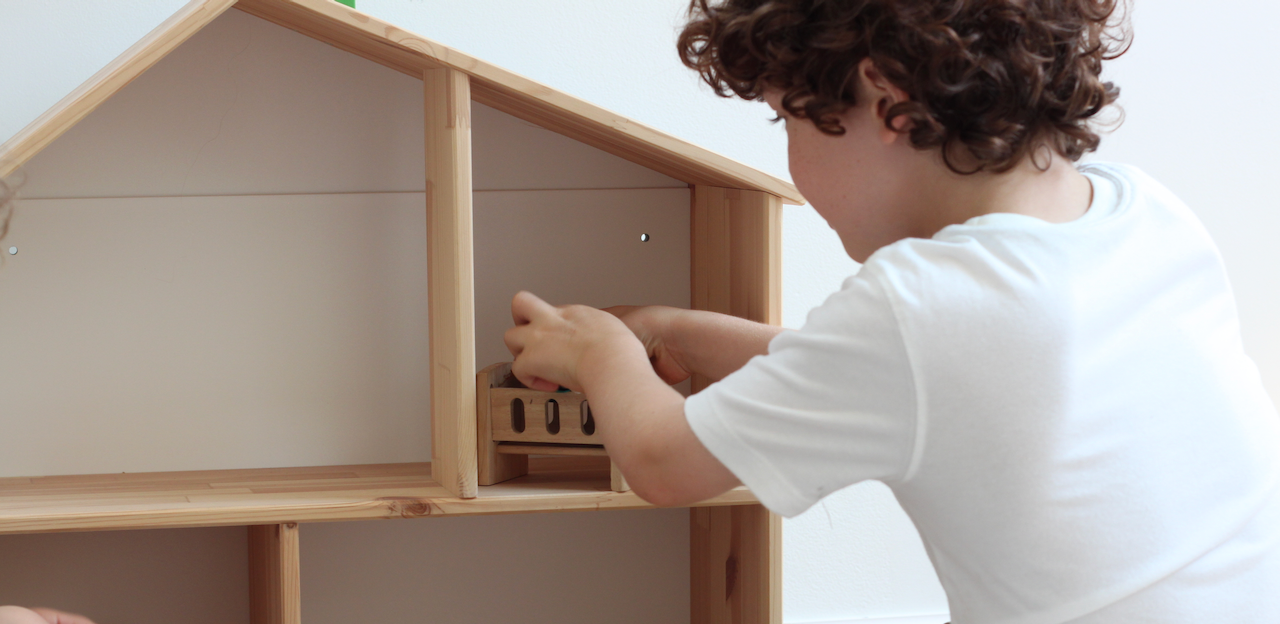


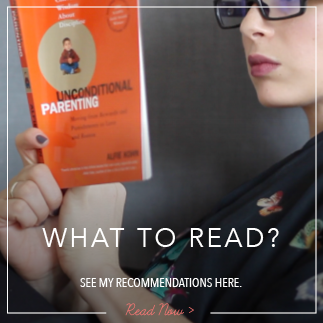



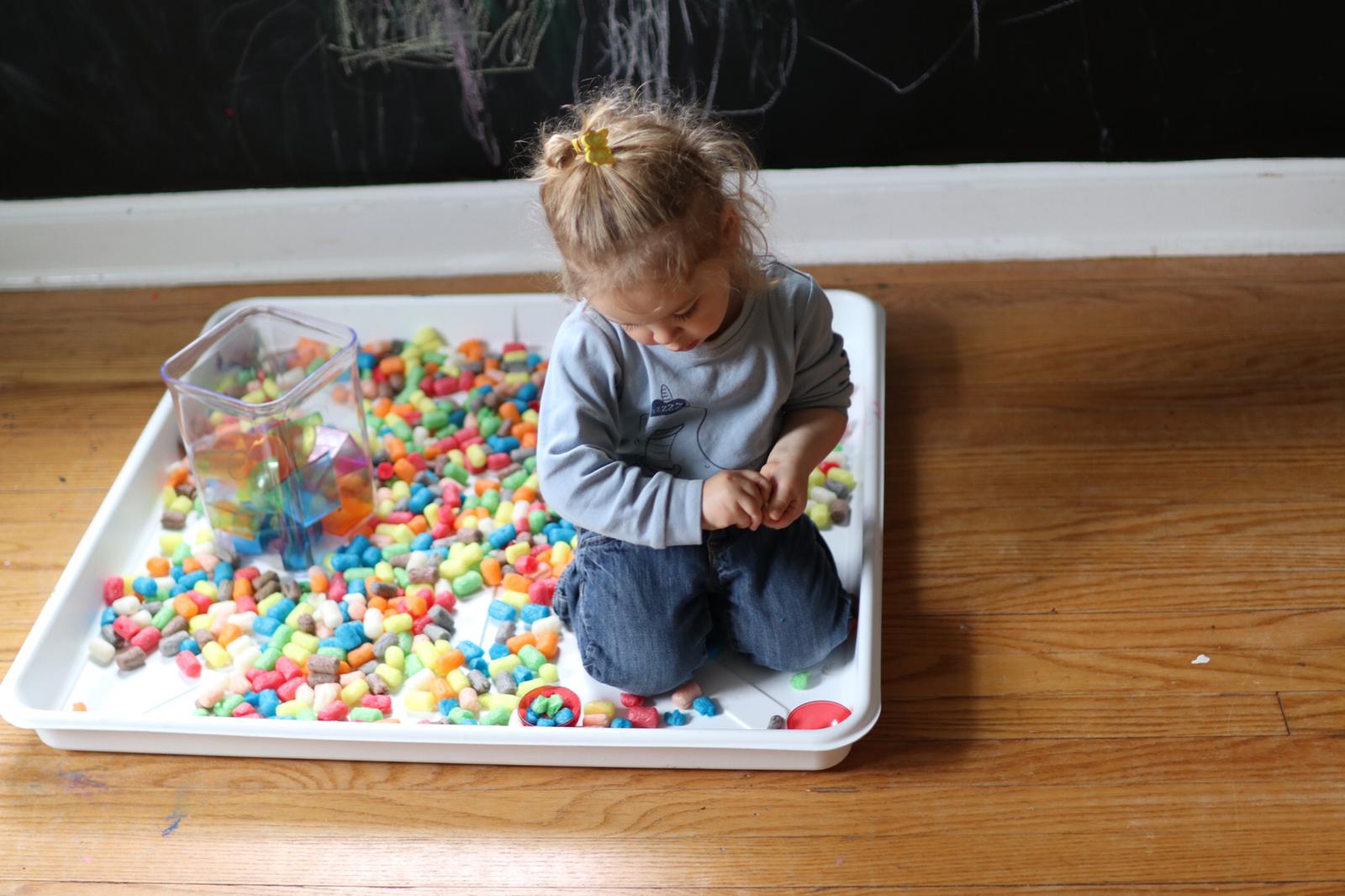
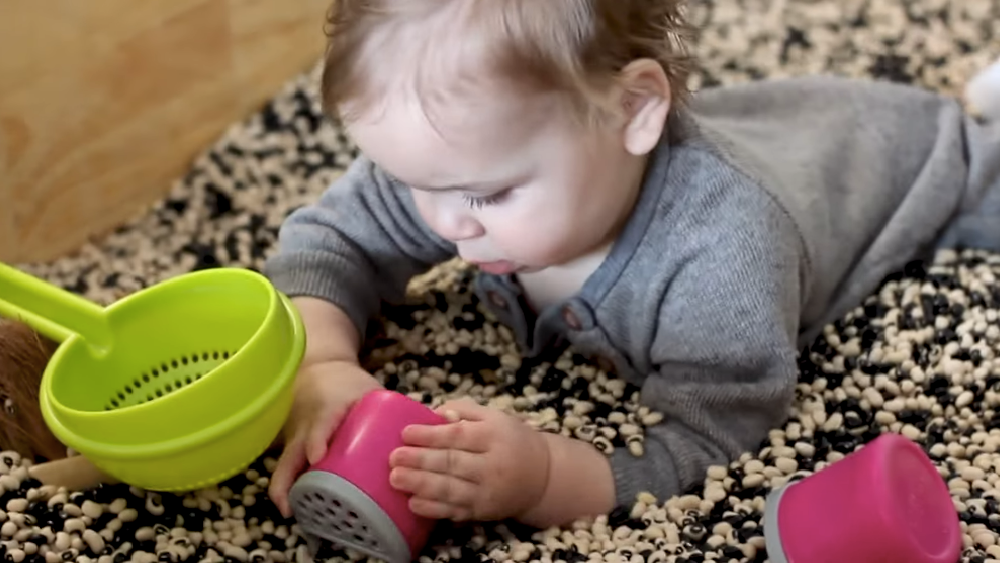

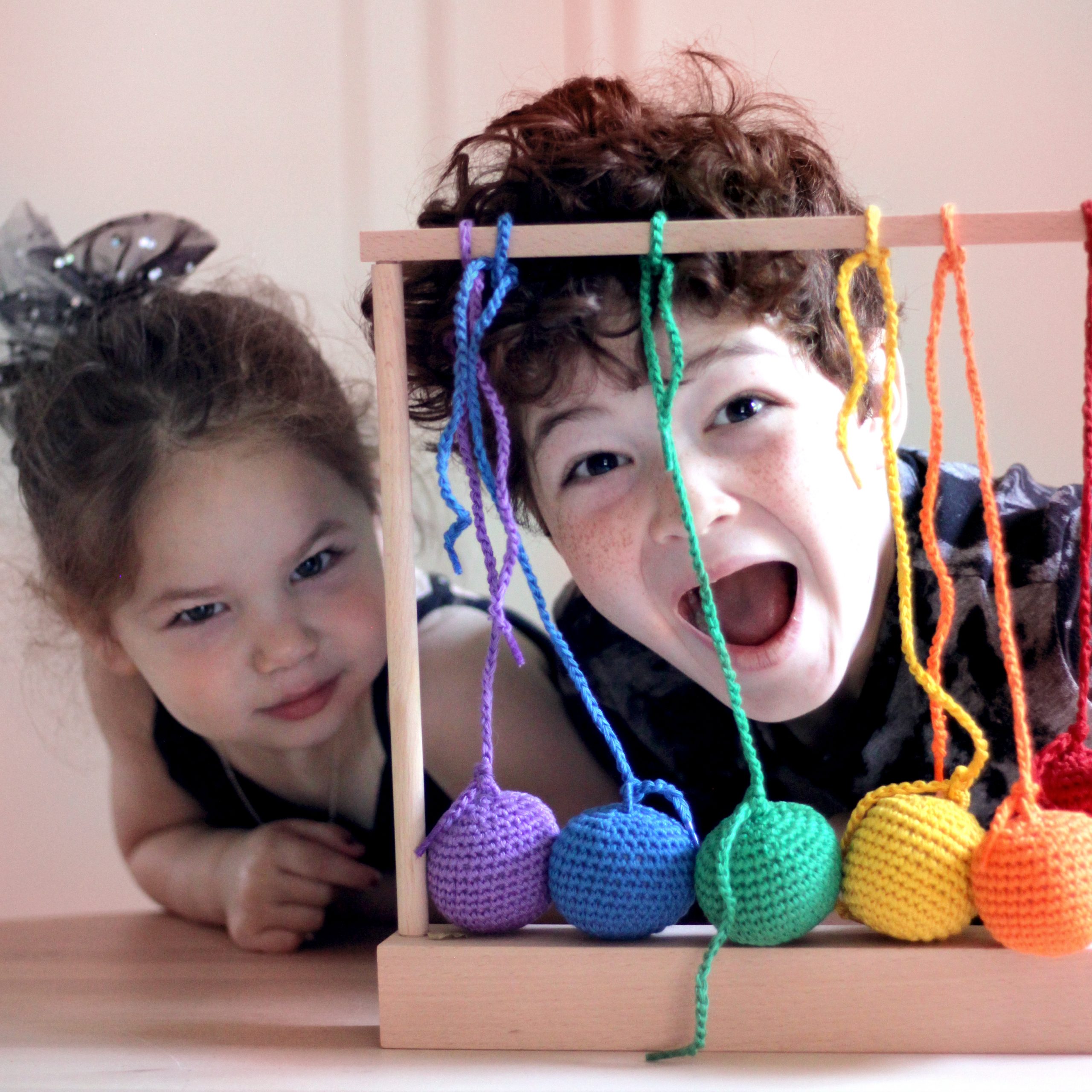



0 comments